Small SUVs don’t come much funkier-looking than the Toyota C-HR. The car’s bold, sporty and somewhat futuristic styling certainly helps it stand out from the cut-from-the-same-cloth crossover crowd, even if that attention-grabbing exterior design won’t appeal to everyone.
The C-HR is by no means a case of function following form, though. Sharp looks aside, there is much to hold your attention here, as well as plenty for used buyers to take in. When the C-HR was first launched back in 2016, the powertrain options were a 120bhp 1.8-litre petrol-electric ‘self-charging’ hybrid or a 114bhp 1.2-litre petrol.
The 1.2 is pretty efficient, with a combined economy figure of 47.1mpg, albeit under the old NEDC tests. The hybrid fared better, though, with a claimed combined 74.3mpg, dropping to 58.8mpg under the newer WLTP regime.
Click here to buy your next used Toyota C-HR from Autocar
A facelift in 2019 signalled the end of the 1.2 and introduced a 2.0-litre hybrid to sit above the 1.8. As well as enhanced steering and suspension tweaks to help cope with a small increase in mass of the larger engine, this 181bhp 2.0-litre set-up offers improved performance, along with a claimed WLTP figure of 54.3mpg.
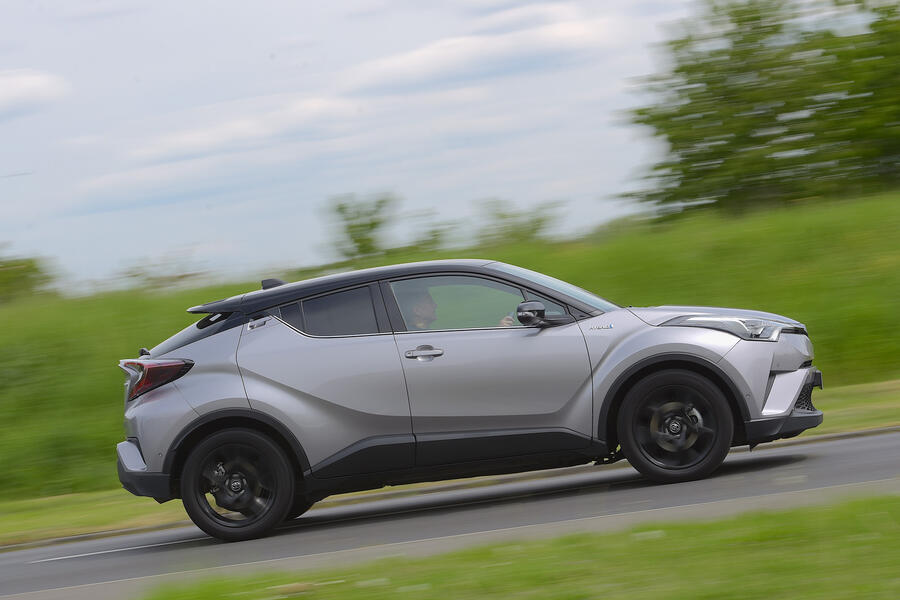
The C-HR is a decent steer. It rides well – it’s not soft and wallowy like some crossovers – and there’s minimal body movement along undulating roads. No variant is particularly rapid – the 2.0-litre hybrid is the nearest you’ll get to a quick car – but nor does any powertrain option feel inadequate.
The 2019 update also brought with it a new front bumper design, new rear-end styling and a revised dashboard design and multimedia system that offered Apple CarPlay and Android Auto connectivity as standard on all models.
Entry-level Icon specification comes with dual-zone climate control, 17in alloy wheels and automatic lights and wipers. Excel trim adds satellite navigation, larger 18in alloy wheels, keyless entry and heated front seats, which are also partly covered in leather. If you like your luxuries, Dynamic comes with LED headlights, model-unique 18in alloys and metallic paint with a contrasting black roof. Among post-facelift cars, a range-topping GR Sport version is available.
Front-seat passengers won’t have any issues with leg or head room unless they are especially tall. There’s also some stowage space between the driver and passenger seats for odds and ends, along with a couple of cupholders (one behind the gearlever and another in front of it). Boot space may not be class leading, but the hold itself is fairly wide towards the rear.

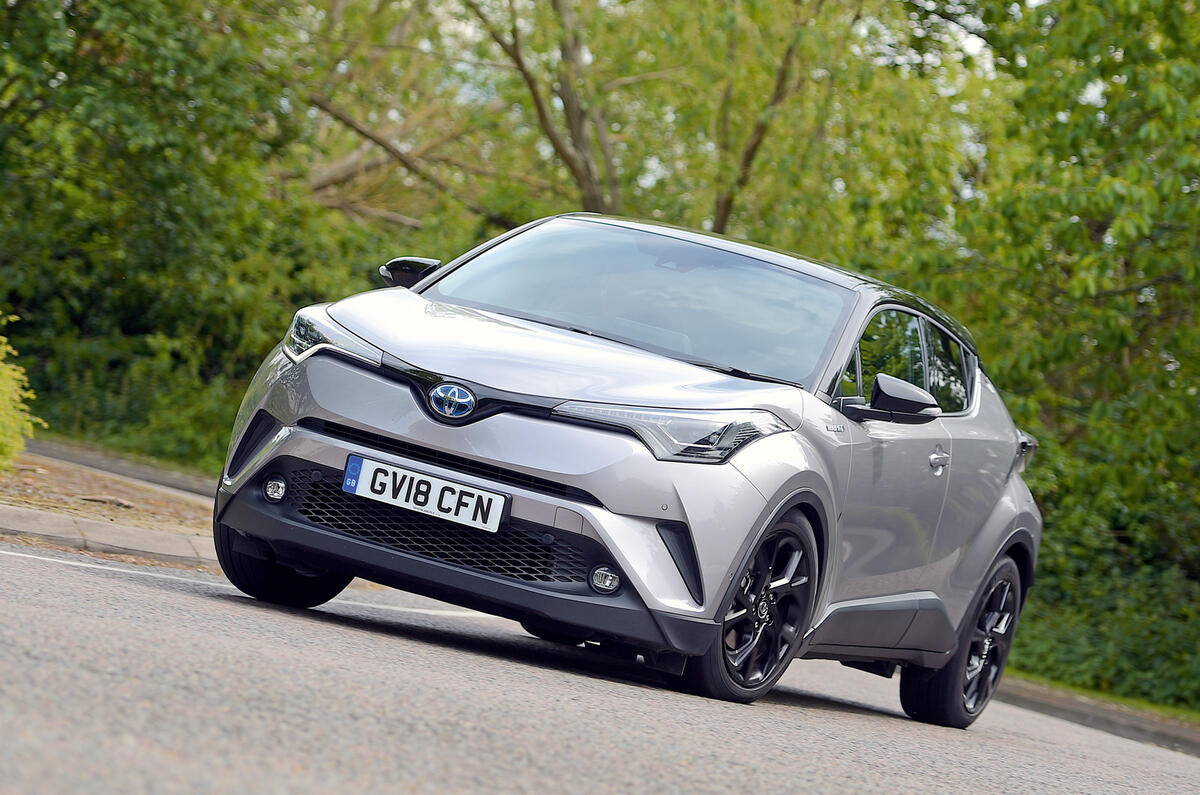
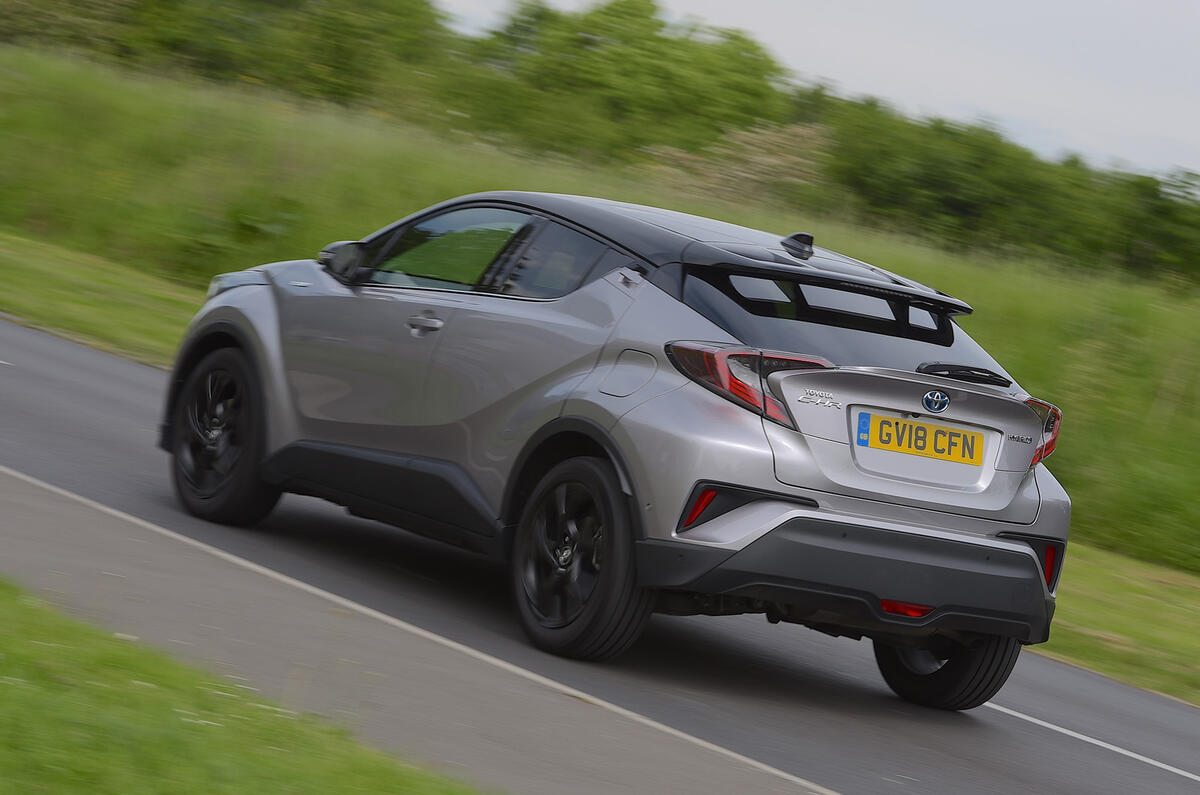
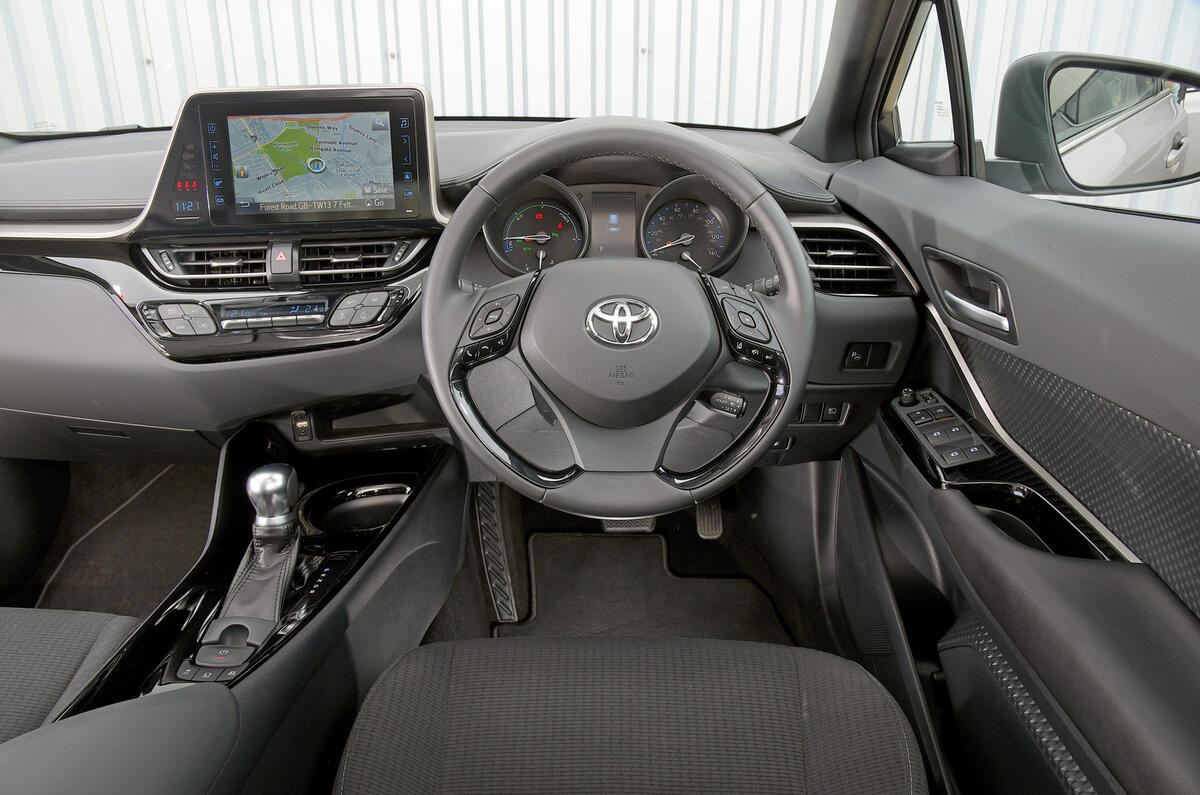
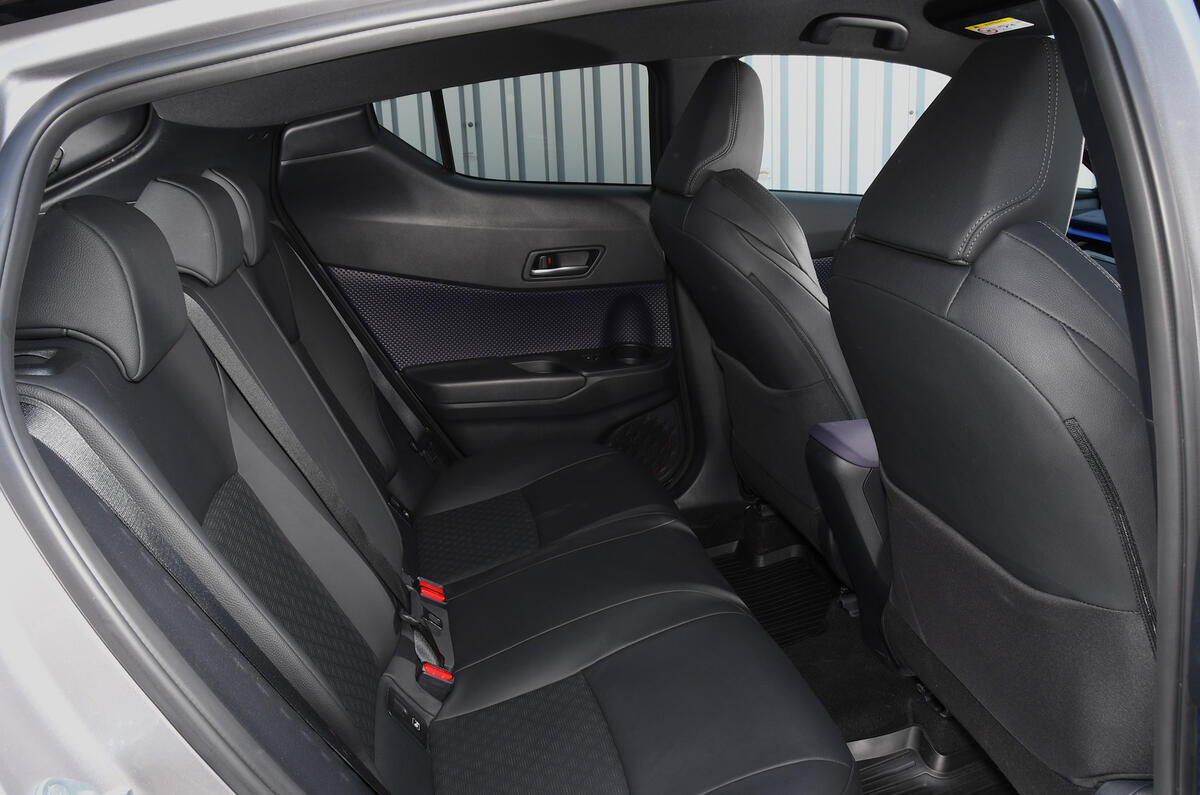
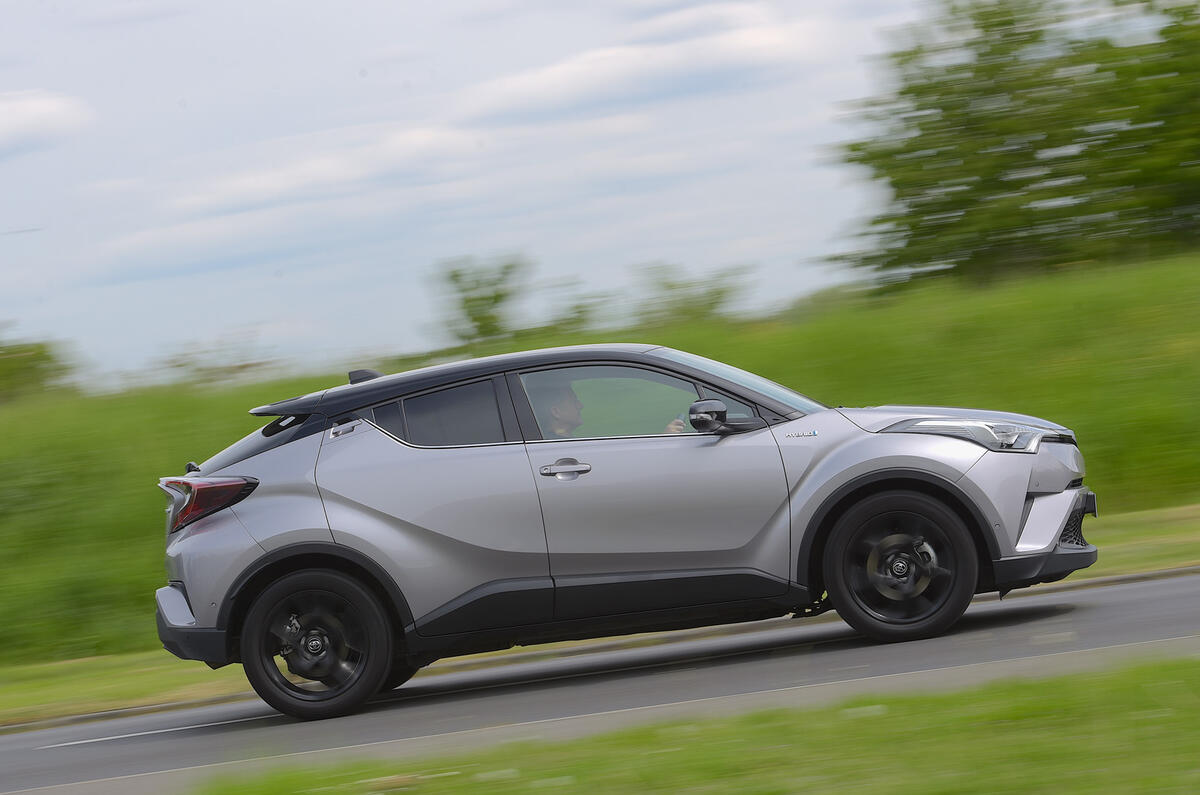
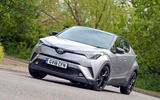
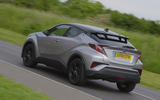
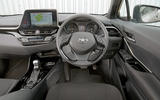
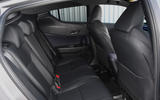
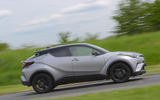

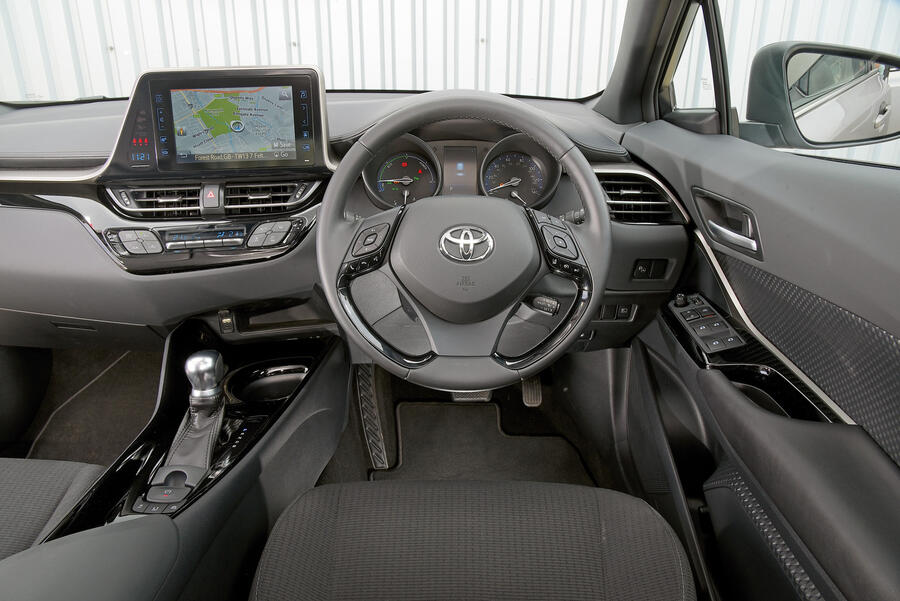
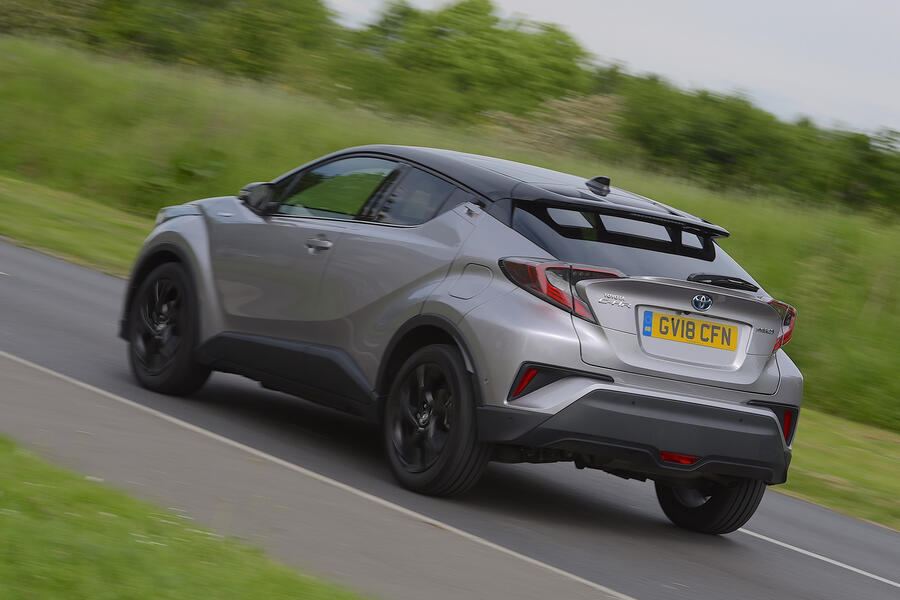

Join the debate
Add your comment
Looks brilliant, is brilliant.
The rear seats are oppressively gloomy and unpleasant. If you've got kids or regularly carry passengers in the back, forget it.
Our Pick, the non hybrid version, I think this will be the theme going forward for secondhand buys